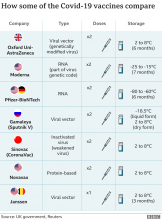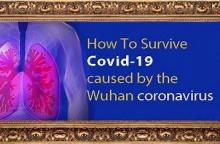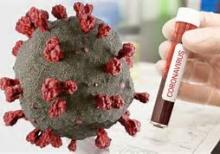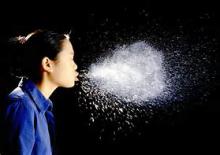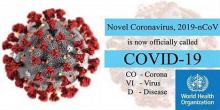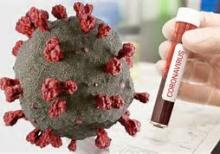Vaccines - Updated February 2021
Mass vaccination campaigns are under way in the fight back against the coronavirus.
A range of vaccines, designed in completely different ways, are being used to reduce people's chances of getting sick, needing hospital treatment or dying.
And two new vaccines have just been shown to work in large scale clinical trials.
Why do we need a vaccine?
It is more than a year since the virus first emerged, yet the vast majority of people are still vulnerable to the virus.
The restrictions on our lives are the only thing holding the virus in check as they reduce opportunities for the virus to spread.
Vaccines teach our bodies to fight the infection and are "the" exit strategy from the pandemic.
Comparing the Vaccines:
In short, any authorised vaccine offered to you is a good one to take.
In February, US regulators formally approved the single-shot Johnson & Johnson coronavirus vaccine - the latest to get the green light.
Unlike Pfizer and Moderna vaccines, which use new mRNA vaccine technology and require two shots, the Johnson & Johnson vaccine uses a common cold virus that has been engineered to make it harmless. It then safely carries part of the coronavirus's genetic code into the body. This is enough for the body to recognise the threat and then learn to fight coronavirus.
Dr Anthony Fauci, director of the National Institute of Allergy and Infectious Diseases, has said that all the vaccines available in the US were good vaccines, and stressed that the Johnson & Johnson jab is "not the weaker vaccine".
The concern comes down varying to efficacy data released from clinical trials - but those figures aren't all they appear to be, say experts.
- Read more about Vaccines - Updated February 2021
- Log in or register to post comments

